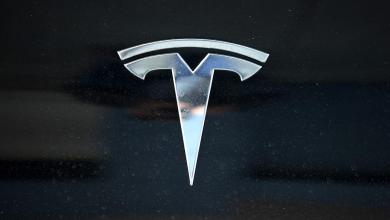What happens in 90 days?
By Fedja Grulovic, Patricia Weiss and Jaspreet Singh
BELGRADE/FRANKFURT/LONDON (Reuters) – U.S. President Donald Trump’s sudden about-face on sweeping import tariffs did little to soothe companies’ worries about the fallout from his trade war and its chaotic implementation: soaring costs, falling orders and snarled supply chains.
In a stunning reversal, the president said on Wednesday he would temporarily lower the hefty tariffs he had just imposed on dozens of countries, though he also hiked duties for China and kept 25% tariffs levied on aluminium, steel and autos in place.
The news sent global stocks soaring after an intense bout of volatility that wiped trillions of dollars off equity markets. Investors hope there will now be time for negotiations to avert a full-blown global trade war.
On Thursday, the European Union said it would pause its first countermeasures on about 21 billion euros ($23 billion) of U.S. imports.
But for company executives, the latest reversal in Trump’s tariff agenda has only added to confusion about its objective.
Companies with complex and diverse supply chains spanning multiple countries from China to Germany were already scrambling to work out how they would be affected by duties and grappling with possible price hikes to mitigate tariff risks.
Now they are questioning what happens after the 90-day pause.
Those tricky calculations come at a time when consumer confidence is waning and worries are growing about a global recession.
“Global trade flows are complex and the (…) conditions for cross-border trade are currently changing rapidly,” German chemicals company BASF said on Thursday.
The company said the direct impact of U.S. tariffs would be limited due to its high proportion of local production, but added it was difficult to estimate the effects of a trade war on demand for its products and its customers.
Tech giant Apple has chartered cargo flights to ferry 600 tons of iPhones, or as many as 1.5 million, to the United States from India.
Analysts have warned that U.S. prices of iPhones could surge, given Apple’s high reliance on imports from China, the main manufacturing hub of the devices, which is now subject to Trump’s highest tariff rate – an eye-watering 125%.
CONSIDERABLE UNCERTAINTY
“A 90-day pause on tariffs, while framed as a temporary relief, creates considerable uncertainty for businesses,” said Anita Wright, chartered financial planner at Bolton James.
Trump says he wants to bring back manufacturing to the United States, but the constantly changing policy makes it risky to invest for the long term.
Source link



